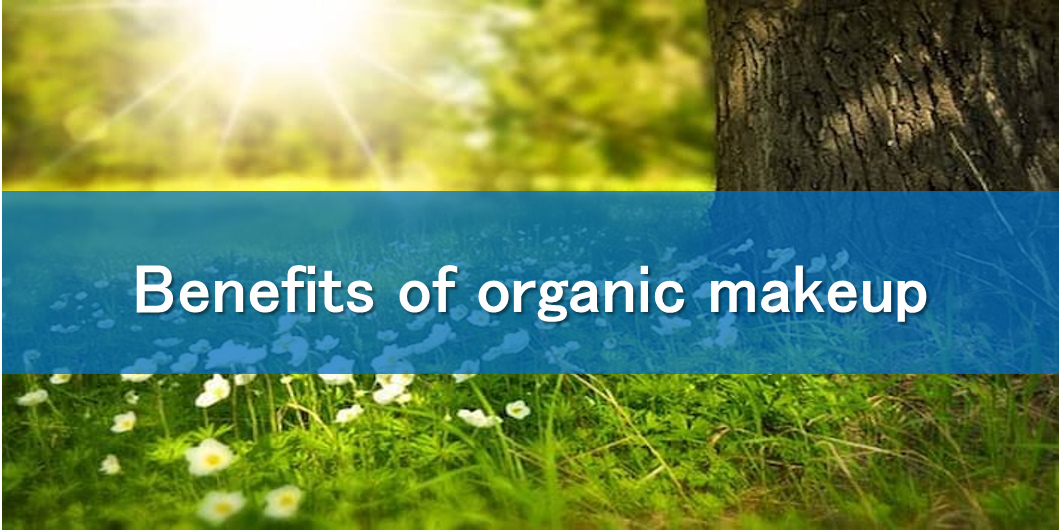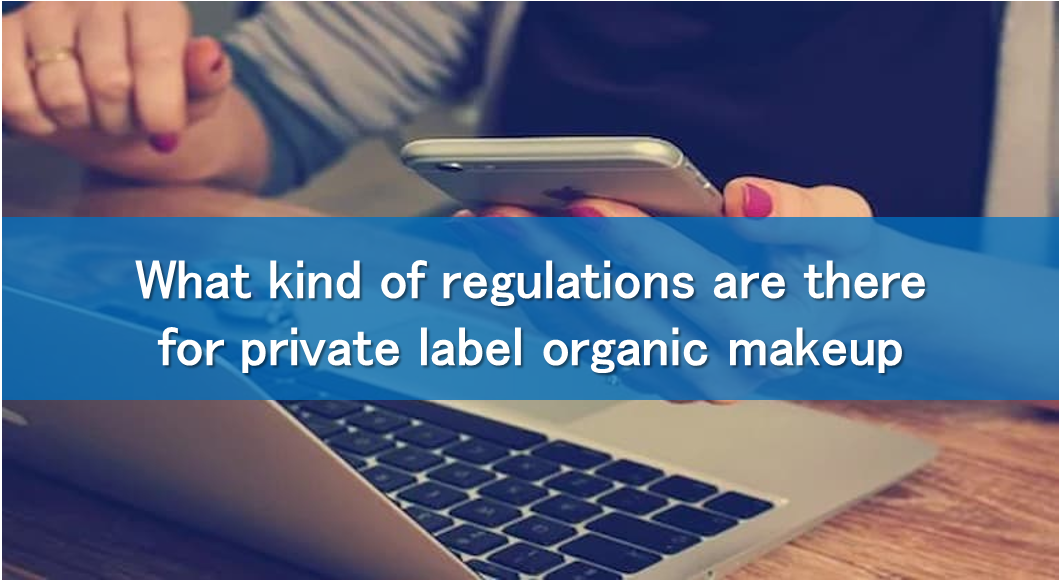
- HOME
- Cosmetic OEM Lab
What is private-label organic makeup?
Is it hard to make private-label organic makeup products?
Private-label organic makeup refers to cosmetic products that are produced by one company but sold under the branding and label of another company. These products are typically formulated with organic ingredients and marketed as natural and eco-friendly alternatives to conventional cosmetics.
Contents


Organic makeup, often made from natural ingredients and free from many synthetic chemicals, offers several benefits that can make it an appealing choice for those looking to enhance their beauty while being mindful of their skin and the environment. Here are some key benefits of using organic makeup:
Organic makeup typically contains fewer synthetic chemicals, fragrances, and preservatives that can irritate or sensitize the skin. This makes it a more suitable option for individuals with sensitive skin or those prone to allergies.
Because organic makeup avoids many harsh chemicals, it may reduce the risk of skin issues such as acne, clogged pores, and breakouts that can be caused by certain synthetic ingredients found in conventional cosmetics.
Organic makeup is often produced with environmentally sustainable practices. It may use eco-friendly packaging, organic farming methods, and responsible sourcing of ingredients, reducing its impact on the environment.
Synthetic fragrances in conventional makeup can be overpowering and may cause skin irritation or allergic reactions. Organic makeup often uses natural scents or minimal fragrance, making it a better choice for individuals sensitive to strong scents.
Organic makeup products may include nutrient-rich ingredients like vitamins, antioxidants, and botanical extracts that can provide additional skincare benefits.
Choosing organic makeup supports companies that prioritize ethical and sustainable practices, including fair trade and responsible sourcing of ingredients.

Creating and selling private-label organic makeup can be a rewarding endeavour, but it also comes with its fair share of challenges and considerations. Here are some key challenges to keep in mind when venturing into the private-label organic makeup business:
Finding reliable sources for organic and natural ingredients can be challenging. Ensuring a consistent and high-quality supply of organic materials can be especially difficult if you plan to scale your production.
Organic ingredients can be more expensive than their conventional counterparts. This can affect your production costs and ultimately the pricing of your products, which may be higher than non-organic makeup.
Organic makeup products may have a shorter shelf life compared to products with synthetic preservatives. Ensuring the stability and safety of your products while maintaining their organic status can be challenging.
Maintaining consistent product quality is crucial for customer satisfaction and brand reputation. Implementing robust quality control measures throughout the manufacturing process is essential.
While organic makeup is often considered more environmentally friendly, it’s essential to assess the overall environmental impact of your production, including packaging and waste disposal.

Regulations for private-label organic makeup can vary depending on the region or country in which you intend to sell your products. However, there are some common regulatory aspects that are often applicable to organic cosmetics in many regions. Here are the key regulations and considerations to keep in mind:
JAS is the organic standard in force in Japan. Operators who want to export their products to Japan and label them with JAS logo should be certified according to JAS Standard.
JONA has been conducting third-party, organic certifications since 1993. Its certification currently covers mainly, for the domestic market, organic JAS certification and JONA Original certification and, as international organic certifications, overseas regulatory certifications including those for the U.S.A., EU, and Canada, and JONA IFOAM certification.
Organic products are often more expensive than non-organic counterparts for several reasons, despite their perceived benefits for health and the environment. Here are some key factors that contribute to the higher cost of organic products:
The landscape of organic products, particularly in the cosmetics industry, is complex and multifaceted. The higher costs associated with organic products stem from factors such as rigorous farming practices, lower yields, certification costs, strict quality control, limited use of chemicals, and ongoing research and development. However, despite the challenges and costs, the demand for organic products continues to rise driven by consumer awareness and the perceived health and environmental benefits.
While this landscape presents various challenges for private-label organic makeup brands, it also offers opportunities for growth and innovation. Navigating this space successfully requires a deep understanding of the organic standards, effective consumer education strategies, and proactive management of potential supply chain risks and scaling challenges.
For further information, please contact us.